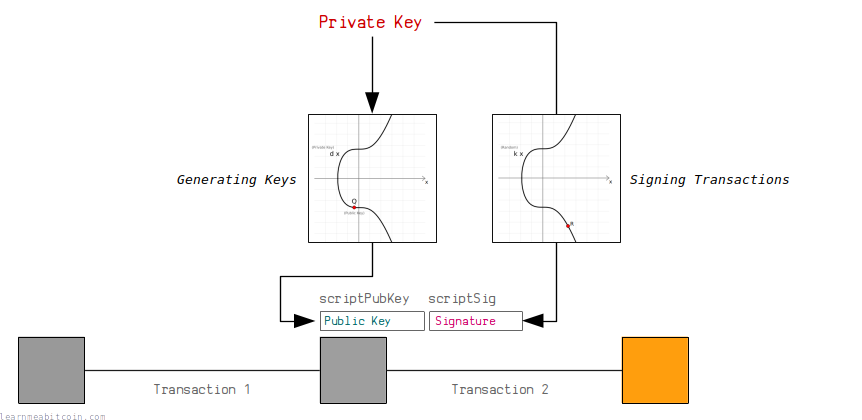A veteran of cybersecurity that has become CEO of quantum infrastructure warns that the cryptocurrency industry is not dangerously prepared for the imminent threat of quantum IT for blockchain security.
David Carvalho, CEO of the Post-Quantum Noris Protocol infrastructure company and former ethical pirate since the age of 13, says that quantum computers could silently dismantle the cryptographic foundations of Bitcoin in a few years, not decades.
Its warning occurs while governments and technology giants are already implementing the strategies “harvest now, decrypt later”, collecting today encrypted blockchain data for future decryption by quantum computers.
Today, around 30% of Bitcoin circulation feeding, around 6 to 7 million BTCis vulnerable in older address formats that expose public keys directly to potential quantum attacks.
Understand the quantum threat to the main Bitcoin security
Unlike traditional computers, which process information in binary bits of 0 and 1, quantum computers use quantum bits, or “qubits”, which may exist in several states simultaneously via a property called superposition.
This quantum advantage allows these machines to carry out calculations exponentially faster than conventional computers for specific mathematical problems, in particular those involving a large factory of number.
Bitcoin’s security is based on the cryptography of the Elliptical Courbe (ECC), in particular the digital signature algorithm of the Elliptical Courbe (ECDSA), which creates a mathematical relationship between the public and private keys.

Current computers would require billions of years to demot a private key to its corresponding public key due to the complexity of calculating the resolution of the discreet logarithm problem underlying the ECC.
However, the mathematician Peter Shor demonstrated in 1999 that quantum computers could solve these exponentially faster factorization problems using using Shor algorithm.
This breakthrough would make the unidirectional mathematical function obsolete which protects Bitcoin portfolios, allowing quantum computers to derive private keys from the public keys exposed.
Carvalho believes that this countdown has already started because opponents systematically collect the encrypted blockchain data in the “Harvest Now, Decrypt later” model.
“The opponents who are currently collecting encrypted blockchain data do not wait to attack today”, “ Carvalho explained,, “They build data sets for tomorrow.”
Bitcoin addresses fall into different categories of vulnerability, with payment formats for payment key (P2PK) directly exhibiting public keys and making immediate targets for quantum attacks.
The Pay-to-Pubkey-Hash reused addresses (P2PKH) also become vulnerable once their owners have moved funds, because the transaction reveals the previously hidden public key.
Due to the acceleration of the development of quantum computer science, federal agencies, such as Nist, warned since 2022 On the urgent need to adopt quantum resistant algorithms.
Bitcoin users hold funds in older address formats are faced with the highest immediate risk, while node operators and mining infrastructure could become targets for wider network compromise attempts.
Crypto collision course with advanced computer science
The quantum threat to Bitcoin reflects a broader technological inflection point where traditional cryptographic hypotheses may no longer hold in digital infrastructure.
Large technological companies, including IBM, Google and Microsoft, advance quantum processors with ambitious deadlines, some targeting millions of qubits during this decade.
The joint weapon of quantum IT with artificial intelligence creates, as Carvalho describes, an even more perilous scenario, where AI systems could automatically digitize blockchain networks for vulnerabilities while quantum processors compromise cryptographic protections.
Financial institutions are starting to recognize these risks, companies like Blackrock noting quantum threats Bitcoin ETF files and the CEO of Tether Paolo Ardodino warning The impact of quantum computers on inactive wallets.
The threat calendar varies according to experts, with estimates from 2027 in the mid -2030s For quantum computers capable of breaking the cryptographic security of Bitcoin.
“When technology catches up, they will unlock a decade of secrets in a few minutes”, “ Carvalho warned, stressing that quantum attacks are not likely with spectacular calculation displays.
The key question remains whether the inherited cryptocurrencies can adapt fairly quickly, or if the quantum-resistant blockchains will take the lead in the race to secure the numerical value.
The post The Bitcoin Quantum countdown has already started, warns a veteran pirate appeared first on Cryptonews.


